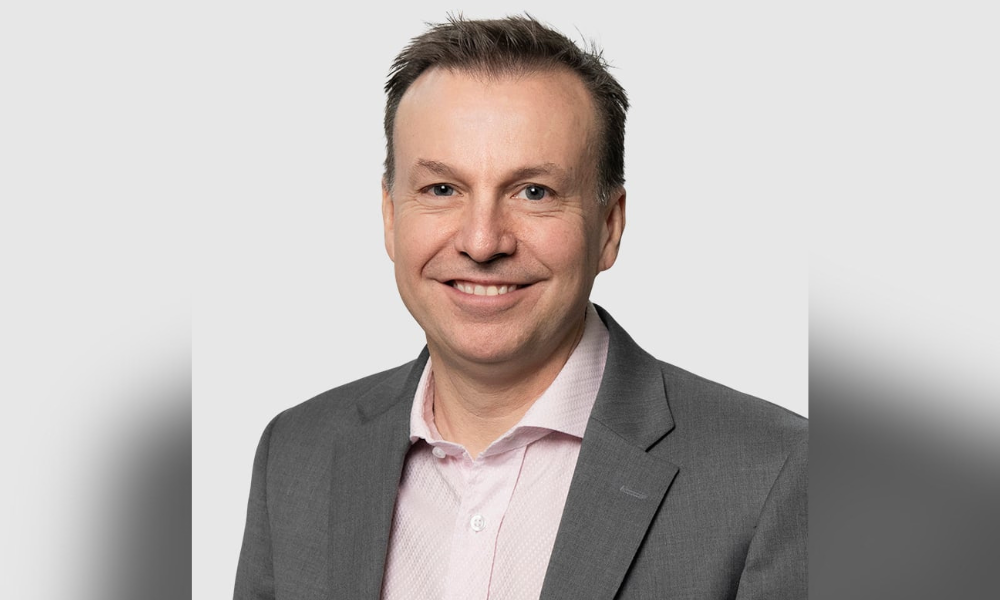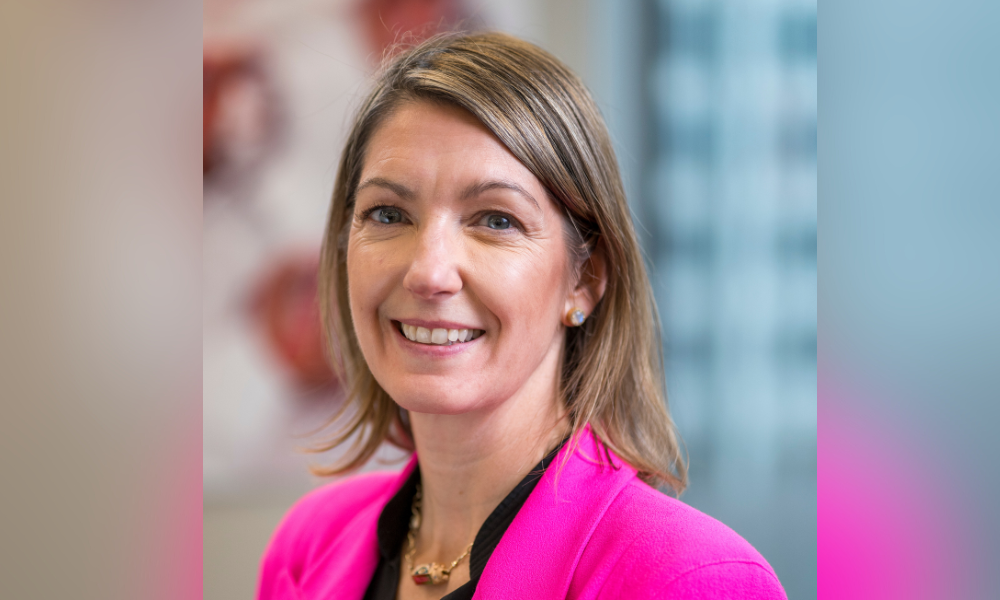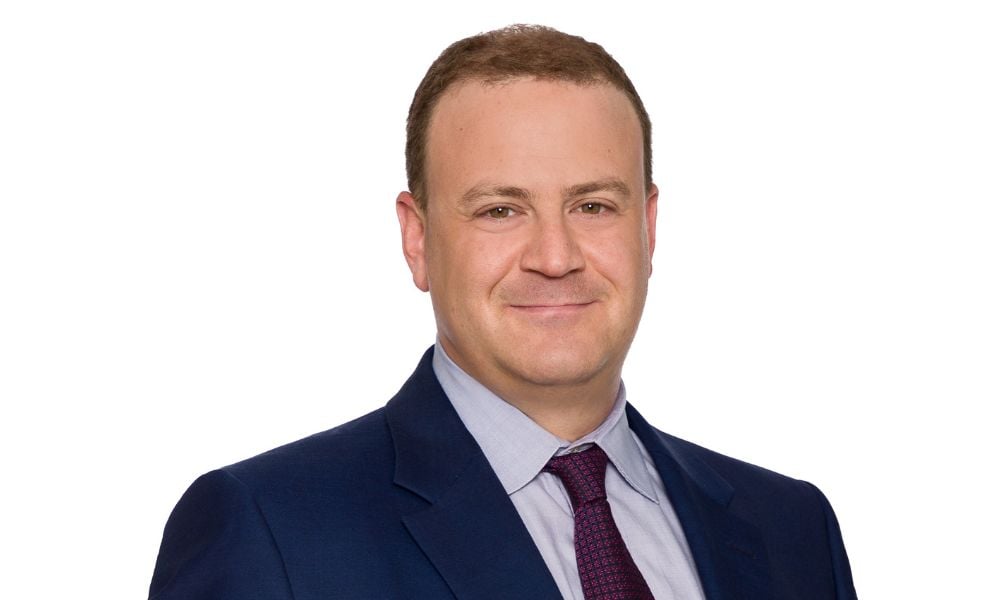Financial wellness programs welcomed as stress levels rise amid pandemic

The number of individuals reporting high levels of financial stress since the start of the pandemic stands at 27 per cent, up from 11 per cent pre-COVID-19, according to a report from Manulife Investment Management.
More than half (51 per cent) of Canadians are dipping into their emergency savings or increasing credit card balances since the beginning of the pandemic, while only one-third of survey respondents feel their situations will improve in the coming year.
A separate survey from CIBC and Maru/Blue found that 40 per cent of Canadian adults worry about the effect of COVID-19 on their savings and retirement plans, and 23 per cent have been unable to contribute to their retirement savings since the pandemic began.
As a result, more than half indicate they are interested in retirement planning and investing advice, found the survey of 589 retirement plan members and 1,026 Manulife plan members in Canada in August.
“This year has challenged employers and employees alike to do business and work in novel ways,” says Brett Marchand, head of Canada retirement at Manulife Investment Management. “Employers are in a unique position to support their employees, including alleviating financial stress and offering advice and guidance, which employers can provide through a holistic financial wellness offering."
Employer programs
Three-quarters (75 per cent) of respondents claim that an employer-sponsored financial wellness program would positively impact their financial stress. And 80 per cent say that simply setting financial goals would be helpful, finds the Manulife Investment Management survey.
Ninety per cent of respondents feel it is important for employers to offer financial wellness programs, and 30 per cent claim their employer offers a fairly or very extensive financial wellness program.
However, nearly one in five say they are unsure if their employer offers a program at all.
Eighty-nine per cent say that projections of estimated income and expenses in retirement, including healthcare expenses, would motivate them to prepare for retirement.
“Given the upheaval experienced in 2020 to-date, it’s no surprise that retirement savers are more stressed today than they were pre-COVID,” says Sue Reibel, global head of retirement at Manulife Investment Management. “The silver lining in this year’s data is that people are more open to financial advice than in years past. In this environment, when faced with managing multiple pressures, stress is high and responsibilities are piling up, and retirement investors are looking for a trusted source of advice when it comes to navigating their finances.
Another survey found that 55 per cent of Canadians say that they are concerned about retirement security while 44 per cent are worried about job security.




